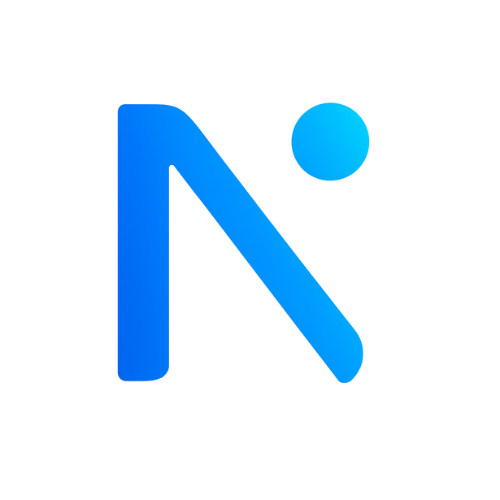This action is available for both Triggered and Scheduled workflows.
How it works
Input data
The action receives a list of tickets to process and a list of messages containing the content for the notification. It also uses configuration settings like the notification channel.User identification
For each ticket, the action identifies the assigned resource(s) and the owner:- ConnectWise: It retrieves the ticket owner, any explicitly assigned resources on the ticket, and resources associated through the ticket’s agreement.
- Autotask: It retrieves the primary resource (owner) and any secondary resources assigned to the ticket.
Message preparation
- Triggered Workflows: The messages from previous actions are combined into a single notification for the identified users for that ticket.
- Scheduled Workflows: If the action receives a data table from a preceding “Data Analysis” action, notifications can be tailored. The system processes this dataframe, and for each user who is a resource/owner of a ticket in the dataframe, it compiles a message based on the data rows relevant to them.
Notification dispatch
Based on the selected notification channel:- Teams: A message is sent to each identified user via the Neo Agent Teams app.
- Email: An email is sent to each identified user. If a data table was provided and processed (typically in Scheduled workflows), the relevant portion of the dataframe might be included as a CSV attachment in the email.
Configuration
The list of PSA tickets for which resources and owners should be notified
- In Triggered workflows, this is typically the single ticket that triggered the workflow
- In Scheduled workflows, this can be a list of tickets found by a preceding “Find Entities” action
A list of WorkflowMessages objects containing the messages to be sent to the ticket’s resource(s) and owner. This is typically provided by the output of a preceding action like “Build Message” or an AI analysis action.
Determines how the notification is delivered to the users
TEAMS(default)EMAIL
If set to True, a link will be appended to the notification message, allowing the recipient to provide feedback on this workflow action (default: False)
Output
The number of Neo Agent credits consumed by this action. Notifying ticket resources does not consume any credits (default: 0).
Use cases
Notify technician of new ticket assignment
Trigger: Ticket Updated (e.g., owner assigned by “Dispatch Ticket” or “Assign Ticket” action) Setup:- Build Message - Creates a message like “You have been assigned ticket [TicketNumber] - [TicketSummary]”
- Notify Ticket’s Resource - Sends the assignment notification to the new owner via Teams
Alert resource about escalated ticket
Workflow: Triggered when a ticket is escalated (e.g., by “Ticket Escalation” action) Setup:- Build Message - “Ticket [TicketNumber] has been escalated and requires your attention. Reason: [EscalationReason].”
- Notify Ticket’s Resource - Sends to the (potentially new) owner or relevant escalation team resource
Send summary after automated resolution attempt
Workflow: Triggered after an L1 Engineer action attempts a fix Setup:- L1 Engineer - Attempts automated resolution
- Build Message - Generates a summary of actions taken and the outcome for internal review
- Notify Ticket’s Resource - Sends the summary to the ticket owner or a technical lead
Weekly summary of owned open tickets
Workflow (Scheduled): Runs weekly Setup:- Filter Tickets - Finds all open tickets
- Data Analysis - Groups tickets by owner and prepares a summary
- Notify Ticket’s Resource (using data table from Data Analysis) - Sends each owner a summary of their open tickets
Notify resource about data analysis results
Scenario: After running a Data Analysis action on a set of tickets (e.g., to identify trends in ticket topics for a specific company), notify a designated resource (like an account manager) with the summary or the resulting data frame. Setup:- Filter Tickets action to gather tickets for a specific company over the last month
- Data Analysis action to analyze ticket subjects and descriptions
- Notify Ticket’s Resource - Send analysis results to relevant team members
